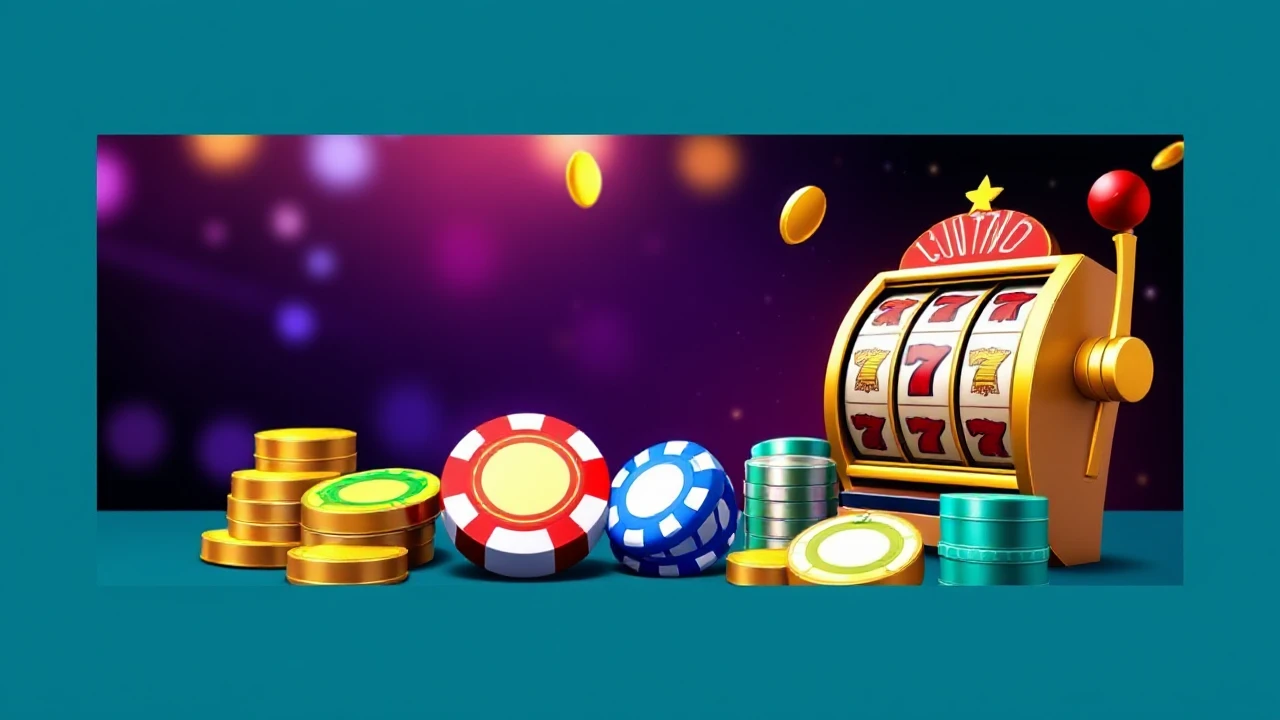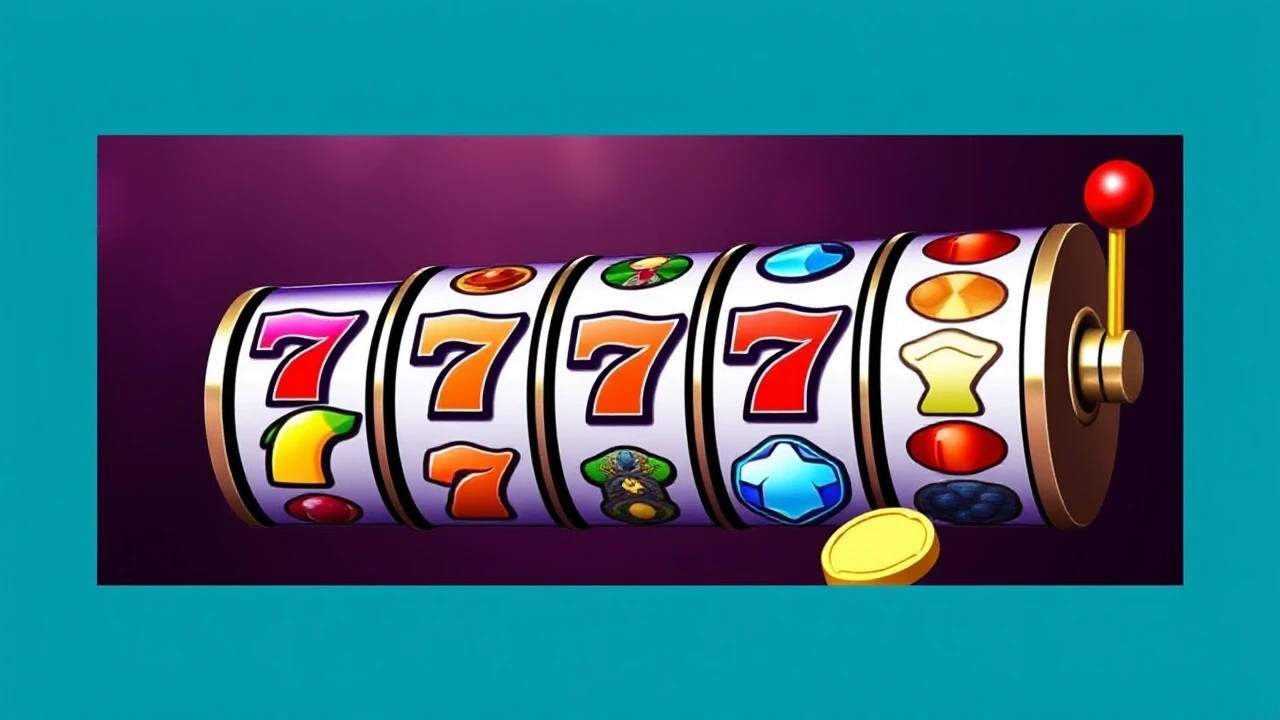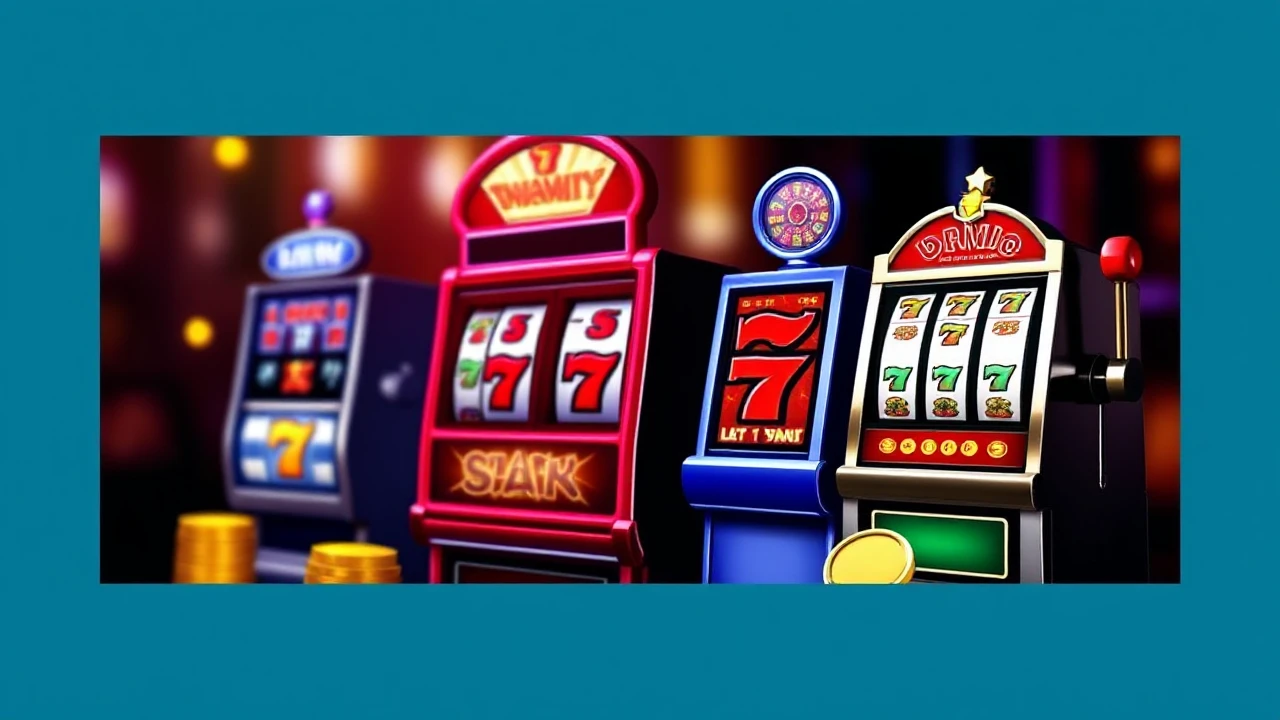Today's Top Highlights
Discover our latest stories and insights from around the world
 Others
Others
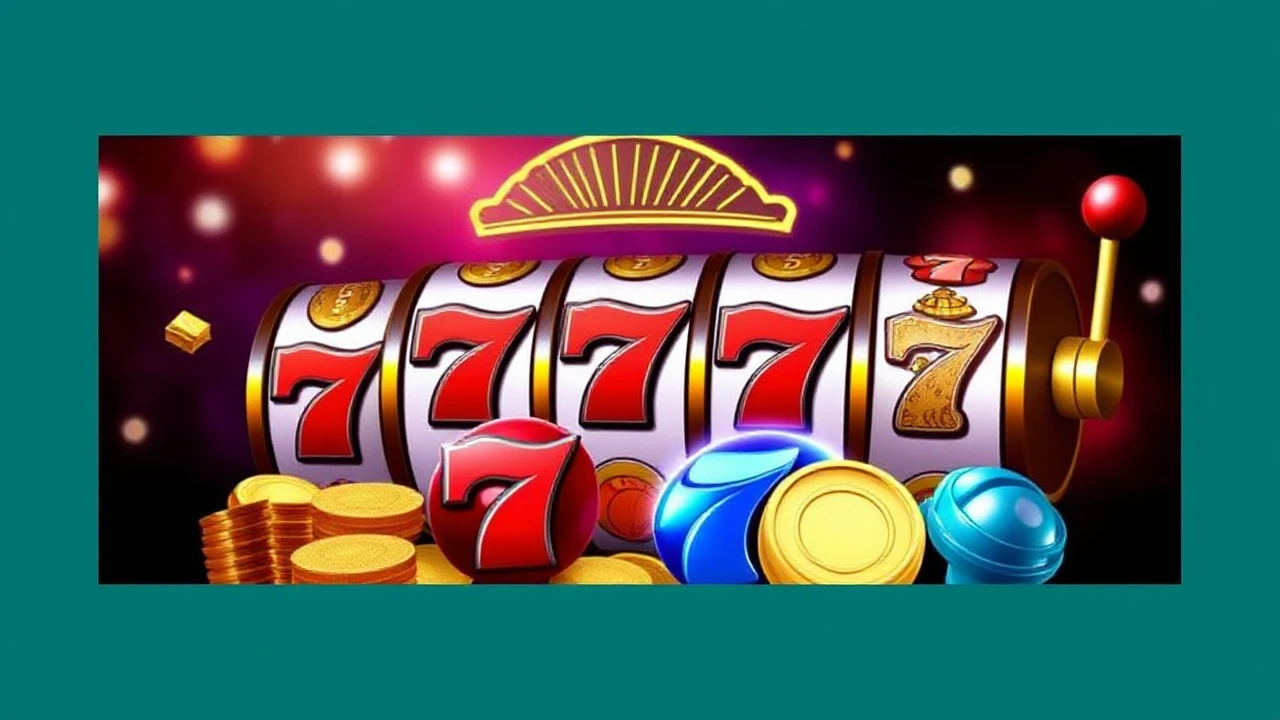 Others
Others
Panduan Bermain Slot Casino: Nikmati Sensasi Seru
 By Lauren Wells
•
12 Sep 2025
By Lauren Wells
•
12 Sep 2025
 Others
Others
Exploring the Intricacies of the Digital Casino Machine Player
 By Lauren Wells
•
12 Sep 2025
By Lauren Wells
•
12 Sep 2025
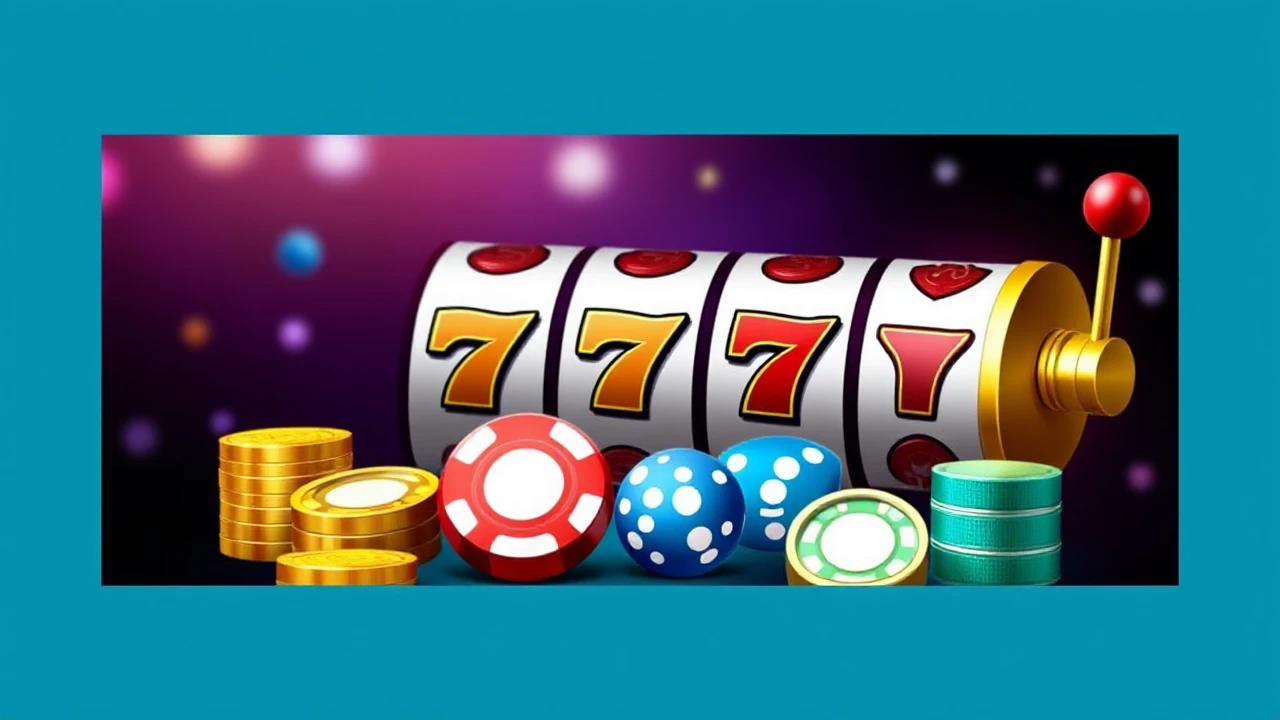 Others
Others
Mastering the Dos and Don'ts of Engaging in Online Casino Slots
 By Lauren Wells
•
12 Sep 2025
By Lauren Wells
•
12 Sep 2025
 Others
Others
Remaining Safe and Guarded During Virtual Casino Sessions
 By Lauren Wells
•
12 Sep 2025
By Lauren Wells
•
12 Sep 2025
 Others
Others
Upcoming Trends of Online Casino Gaming: Revolutionary Changes and Tech Advancements
 By Lauren Wells
•
12 Sep 2025
By Lauren Wells
•
12 Sep 2025
 Others
Others
The Ultimate Guide to Playing Casino Games Online
 By Lauren Wells
•
12 Sep 2025
By Lauren Wells
•
12 Sep 2025
 Others
Others
Increasing Your Profits in Internet-based Casino Betting Games
 By Lauren Wells
•
12 Sep 2025
By Lauren Wells
•
12 Sep 2025
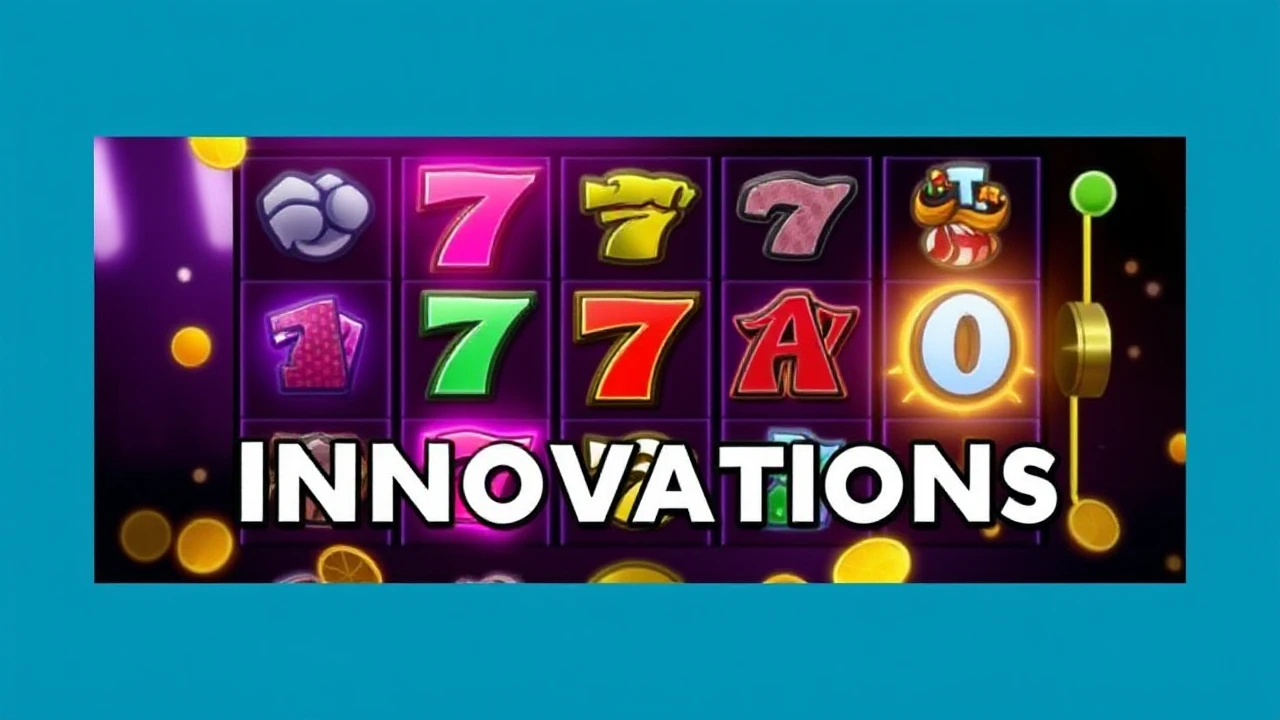 Others
Others
Shaping the Industry: A Decade of 10 Slot Game Innovations
 By Lauren Wells
•
12 Sep 2025
By Lauren Wells
•
12 Sep 2025
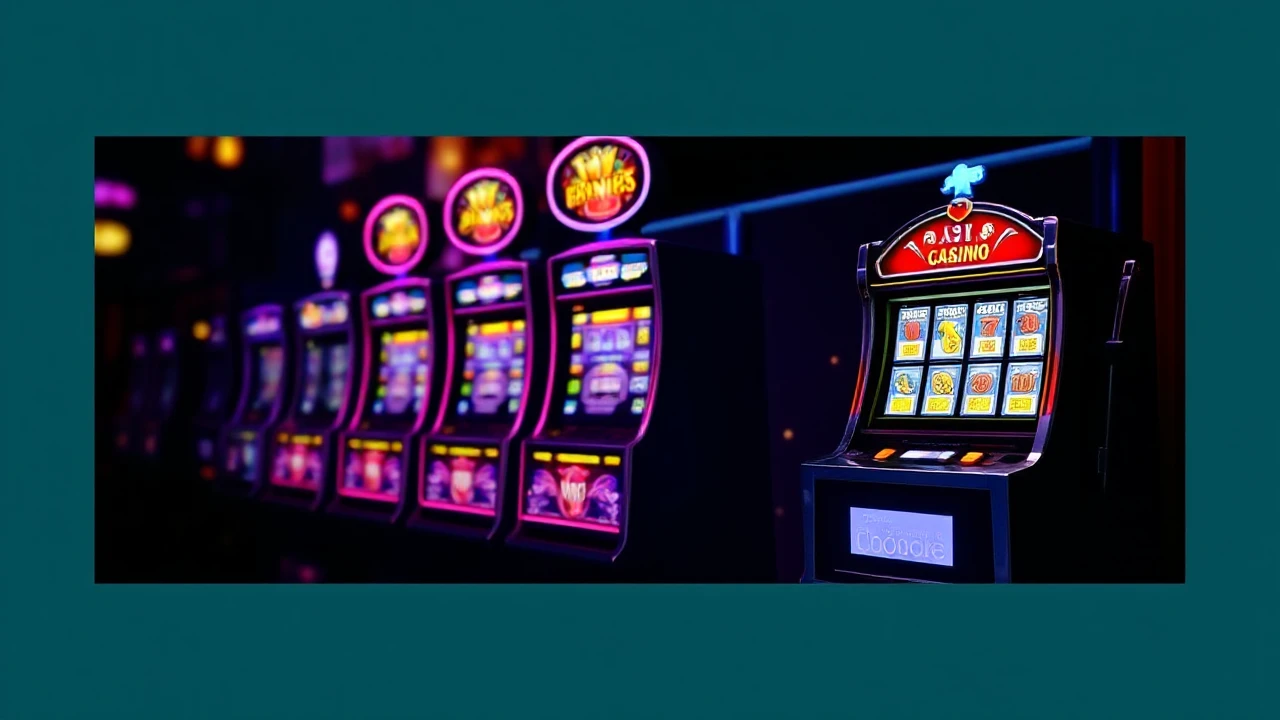 Others
Others
Exploring the Emotional Influence of Sound Effects in Casino Machine Games
 By Lauren Wells
•
12 Sep 2025
By Lauren Wells
•
12 Sep 2025
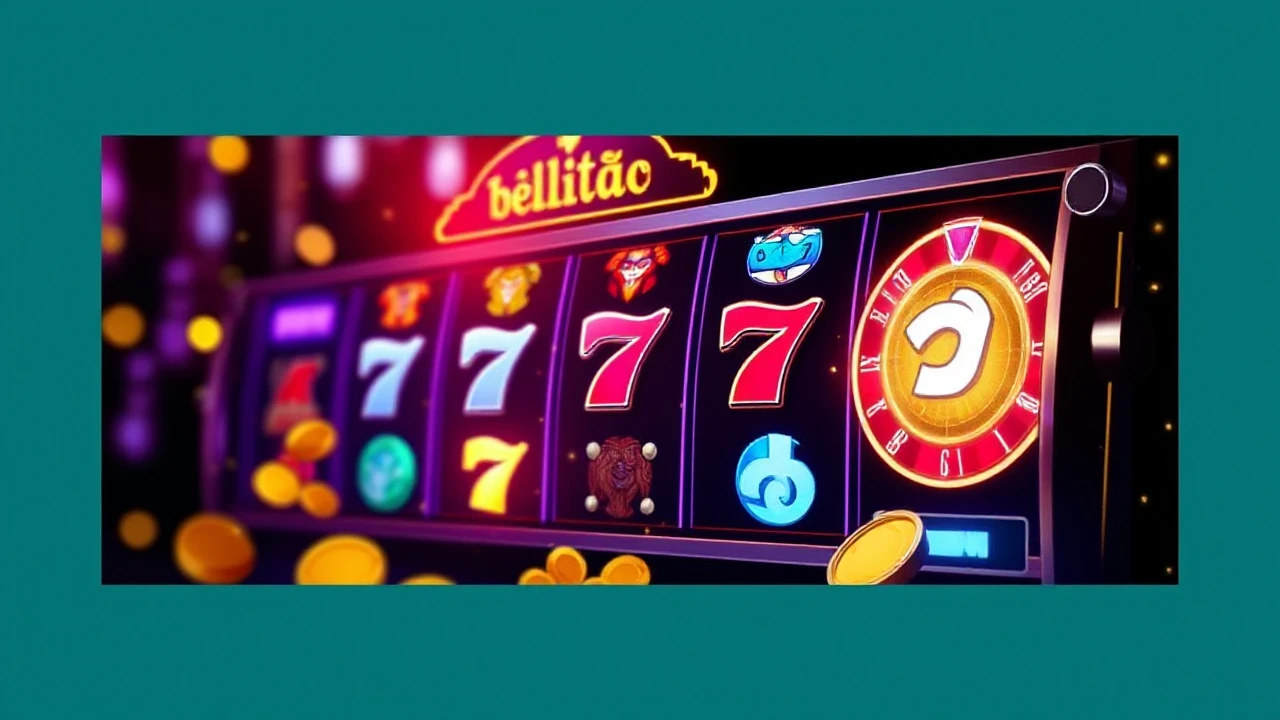 Others
Others
Unveiling the Emotional Influence of Sound Effects in Gaming Slot Games
 By Lauren Wells
•
12 Sep 2025
By Lauren Wells
•
12 Sep 2025
 Others
Others
The Art of Parlay Betting: Maximizing Returns with Multiple Bets
 By Lauren Wells
•
11 Sep 2025
By Lauren Wells
•
11 Sep 2025
Recent Posts
 Others
Others
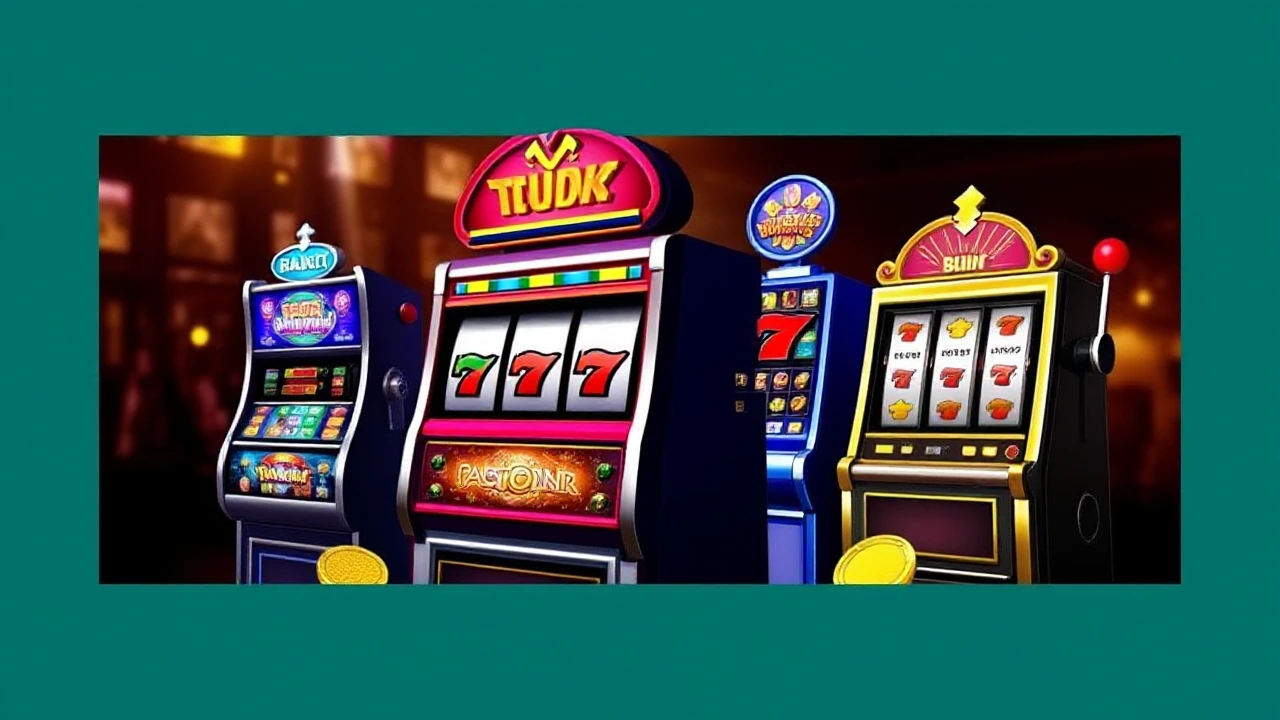 Others
Others
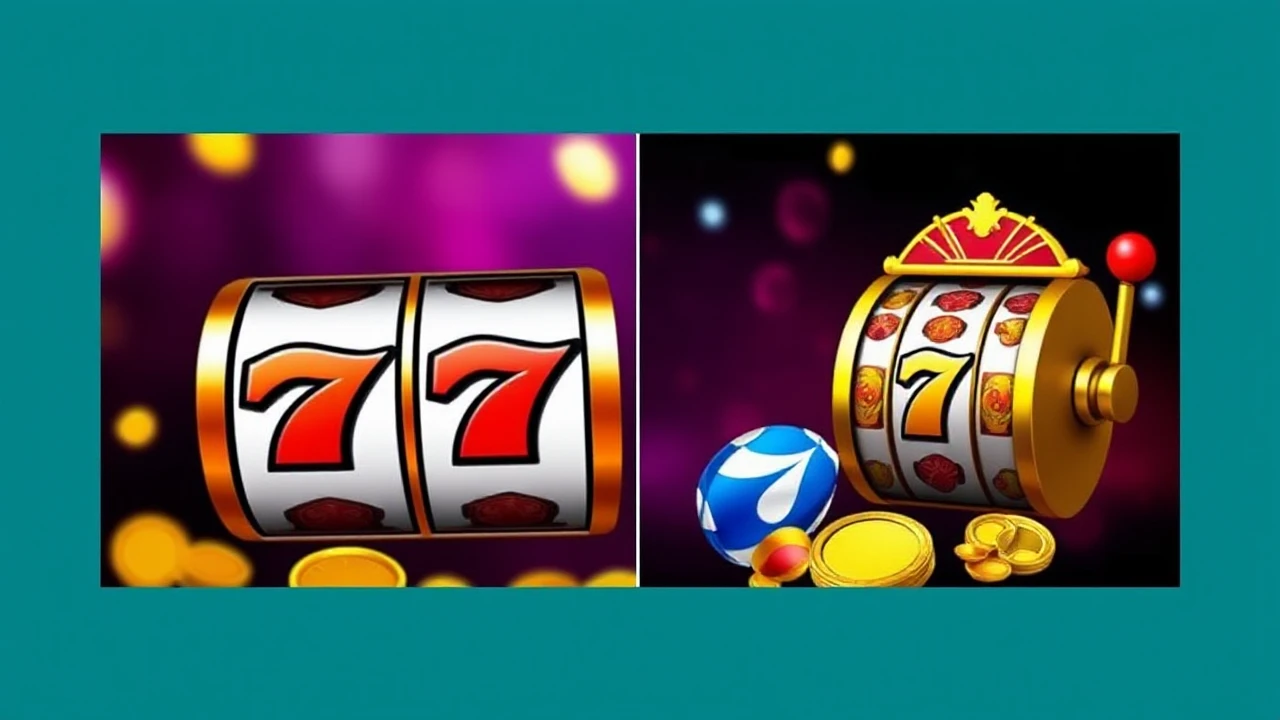 Others
Others
 Others
Others
 Others
Others
 Others
Others
September 2025 Blog Roll
August 2025 Blog Roll
July 2025 Blog Roll
June 2025 Blog Roll
Sponsored News



Others
Why Genetics: From Genes to Genomes (8th Edition) – eBook Is Essential for Learning Modern Genetics
 Lauren Wells
Lauren Wells
11 Sep 2025



